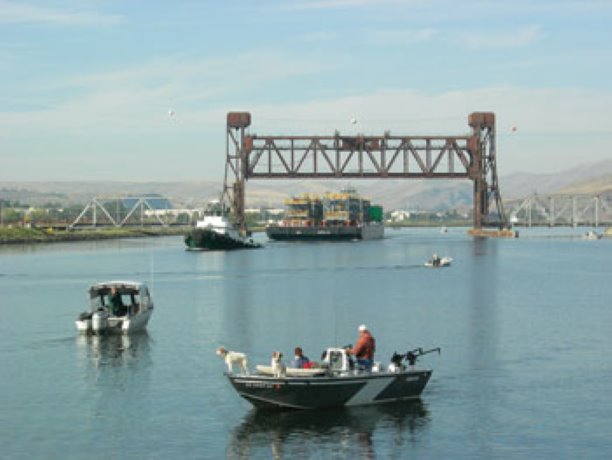Protests and legal action against the shipment of mega-loads in Idaho and Montana have forced Imperial Oil to develop a new plan to transport more than 200 massive modules to the $8-billion Kearl oilsands construction project north of Fort McMurray, Alta.
Protests and legal action against the shipment of mega-loads in Idaho and Montana have forced Imperial Oil to develop a new plan to transport more than 200 massive modules to the $8-billion Kearl oilsands construction project north of Fort McMurray, Alta.
“The bottom line is that this was just a damn bad idea from the start,” said Bill Sedivy, executive director of Idaho Rivers United, a non-profit organization dedicated to preservation of the state’s rivers and water.
■ Imperial Oil grapples with moving huge Kearl oilsands modules
■ Imperial Oil hits halfway mark on first phase of Kearl oilsands project
“This is illustrated by the fact that so many diverse groups are fighting this from so many different quarters.”
Idaho Rivers United filed a lawsuit on March 10 against the U.S. Forest Service for allegedly violating the Wild & Scenic Rivers Act and other federal laws, by allowing the Idaho Transportation Department (ITD) to issue permits for the transport of 207 construction modules via U.S. Highway 12.
Filed in Boise’s U.S. District Court, the lawsuit is the first federal action to challenge Exxon Mobil’s proposal to transport the modules through protected river corridors, which are the responsibility of the Forest Service.
The transportation would include the construction of pull out areas and other infrastructure needed to transport the modules.
Imperial Oil, a subsidiary of Exxon Mobil Corp., hasn’t obtained Idaho’s final permission to transport the initial shipment of 33 giant pre-assembled modules from Lewiston along U.S. Highway 12 to Montana.
But a permit was issued for an over sized test load.
“The Idaho Transportation Department issued a permit for us to move the test validation module, which is a specially designed module to demonstrate loads of this size, to show it could be transported safely,” said Imperial Oil spokesman Pius Rolheiser.
The permit issued on Feb. 14 is for a load that is 24 feet wide, 30 feet high, 208 feet long and weighs about 508,000 pounds.
The issuance of the permit by the ITD also resulted in a contested case hearing being scheduled on April 25 to deal with Imperial’s proposal.
The hearing allows opponents to present evidence and testimony.
Sedivy said the opposition is an informal coalition that includes sporting groups, commercial rafting companies, environmental and wildlife groups.
Imperial is developing an alternate route, which would require smaller modules but Rolheiser said U.S. Highway 12 is still the preferred route.











Recent Comments
comments for this post are closed